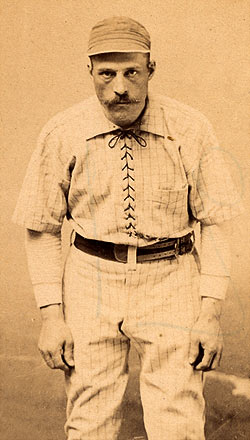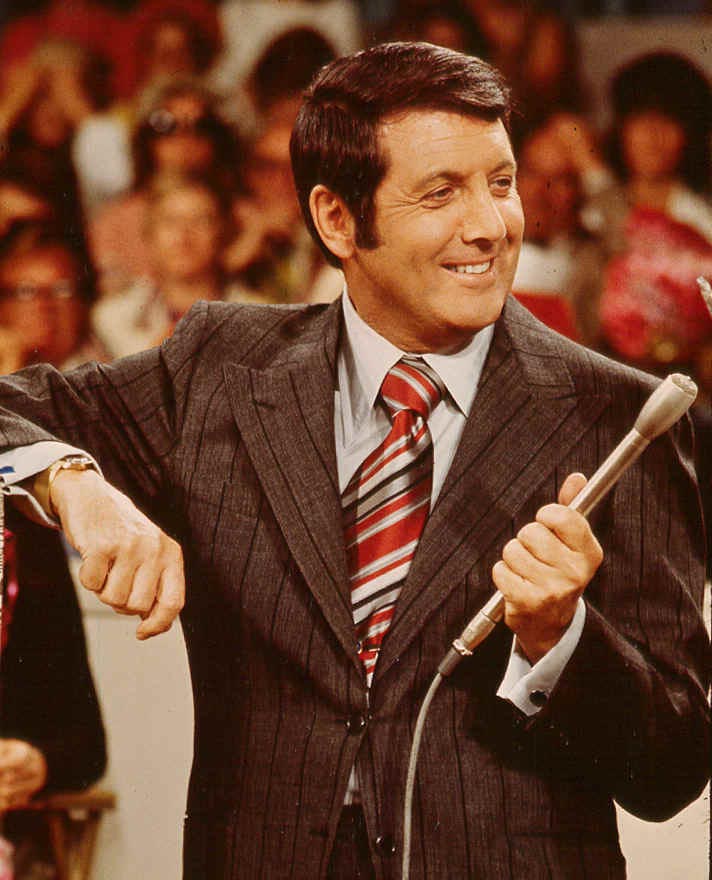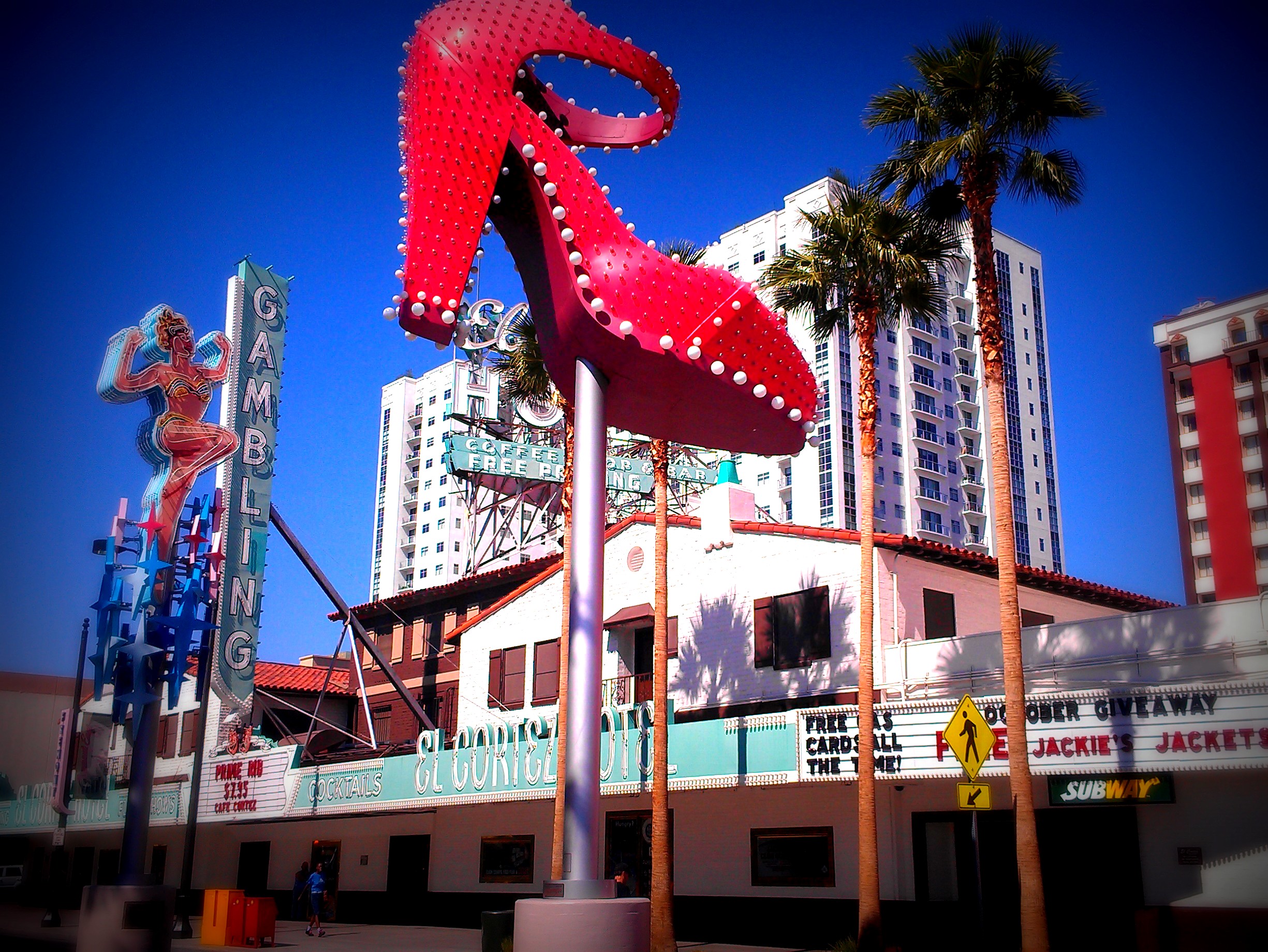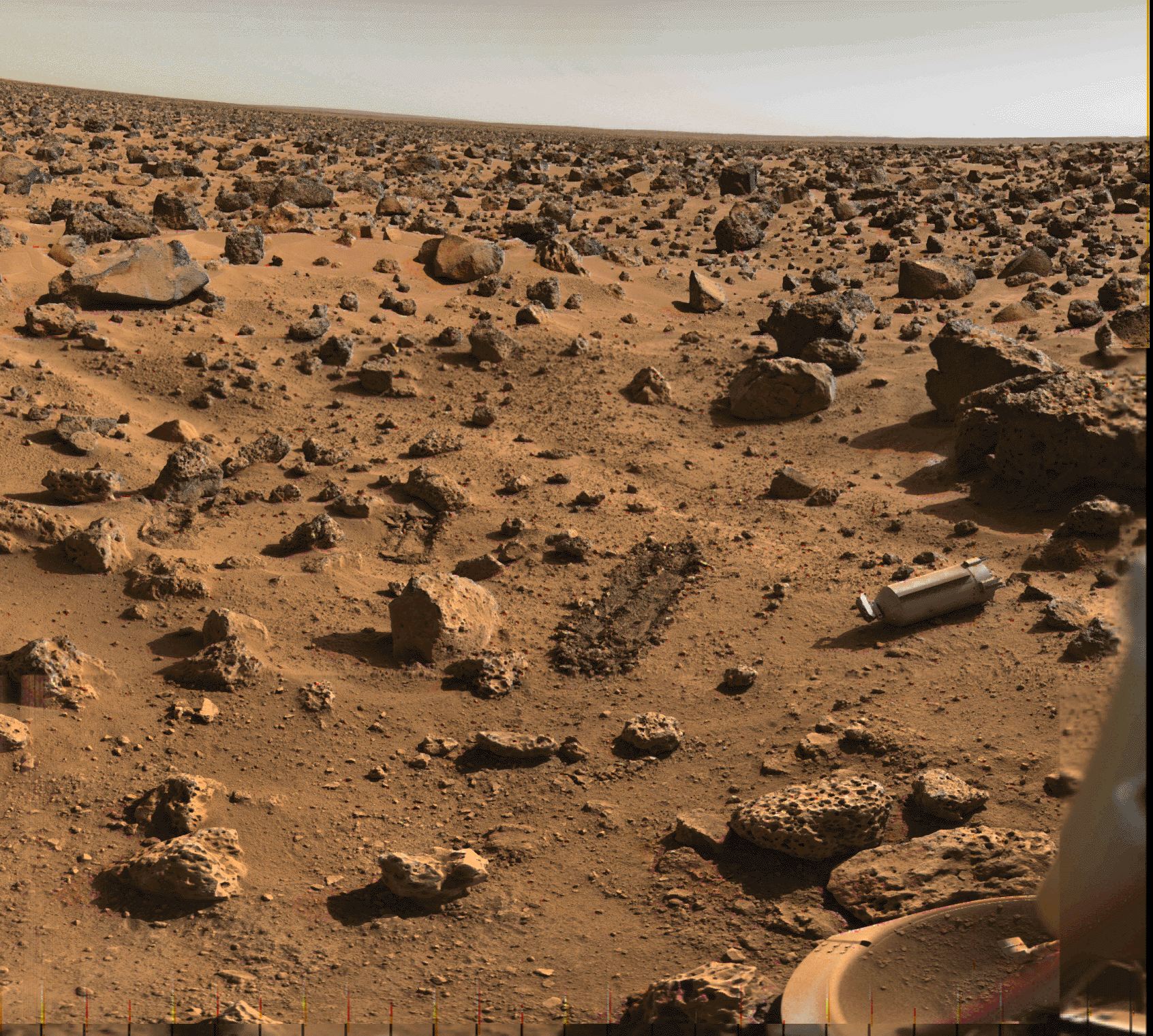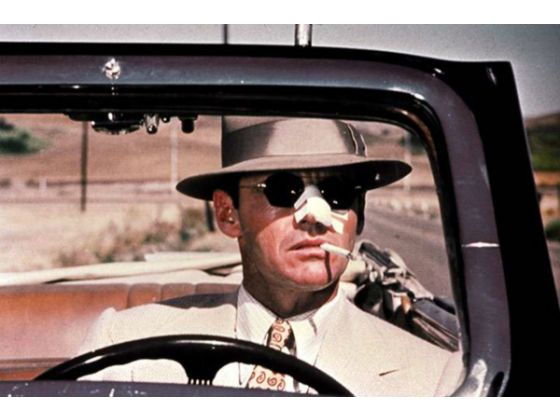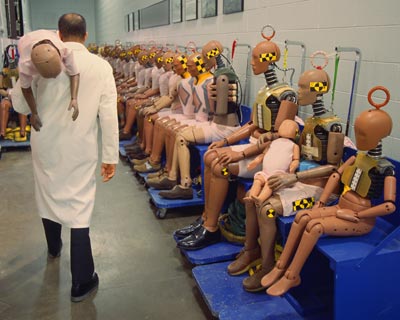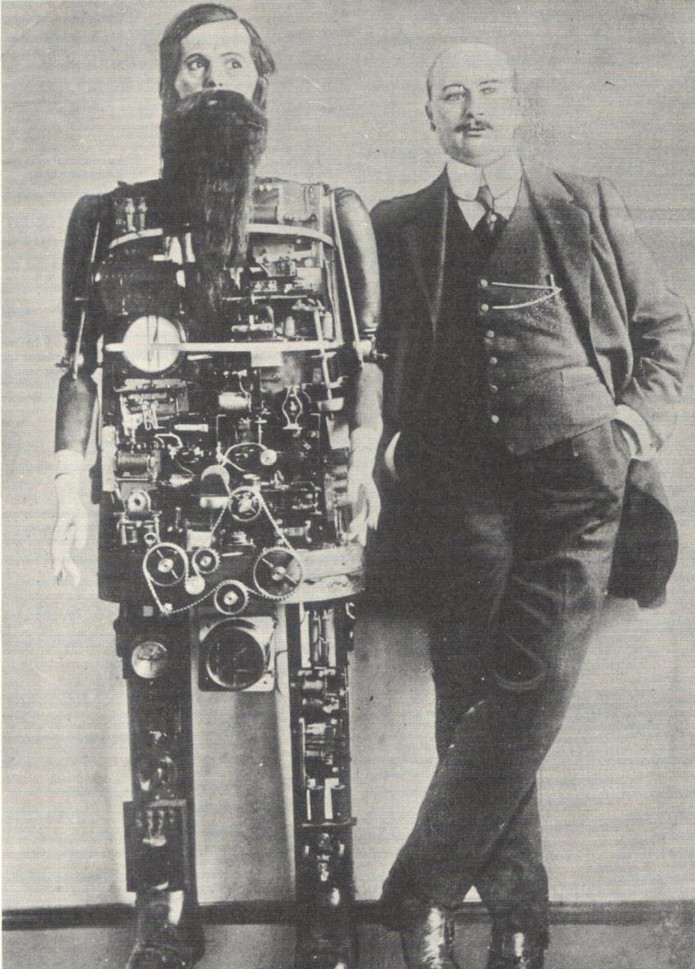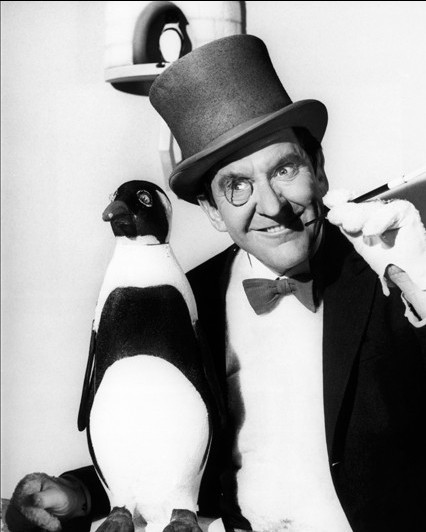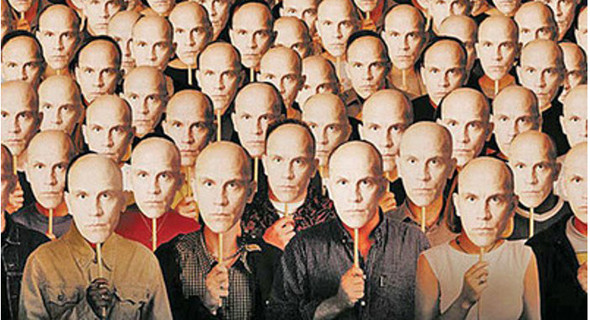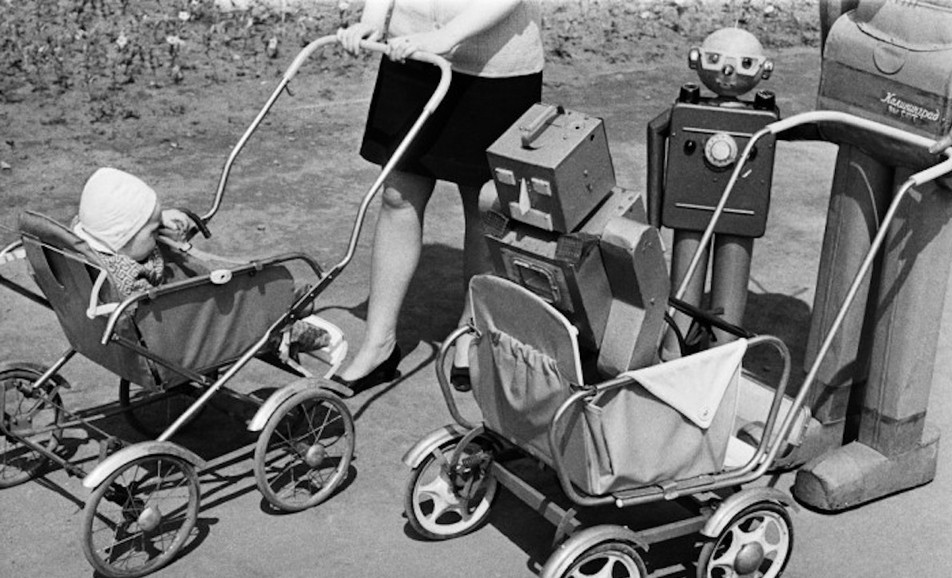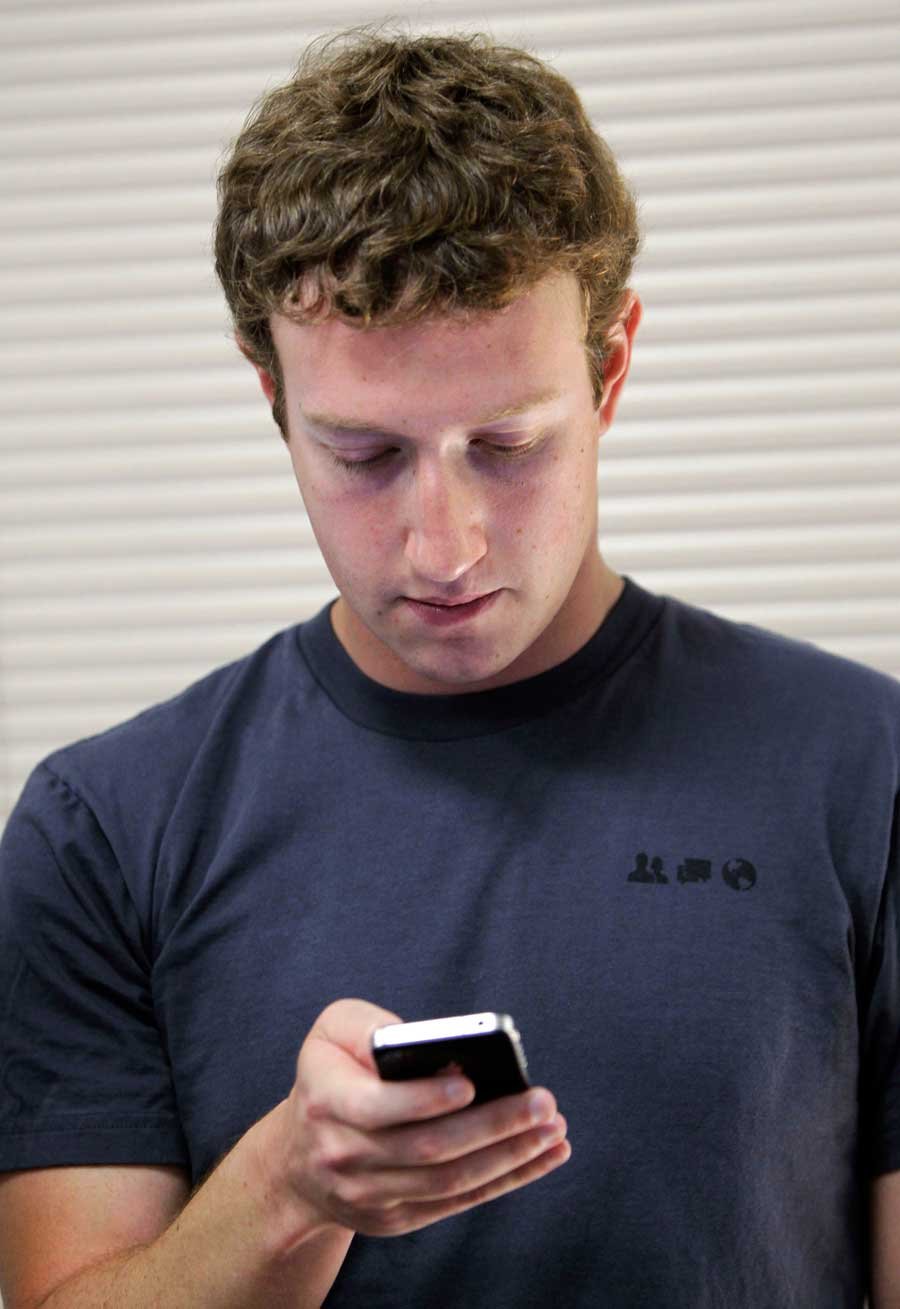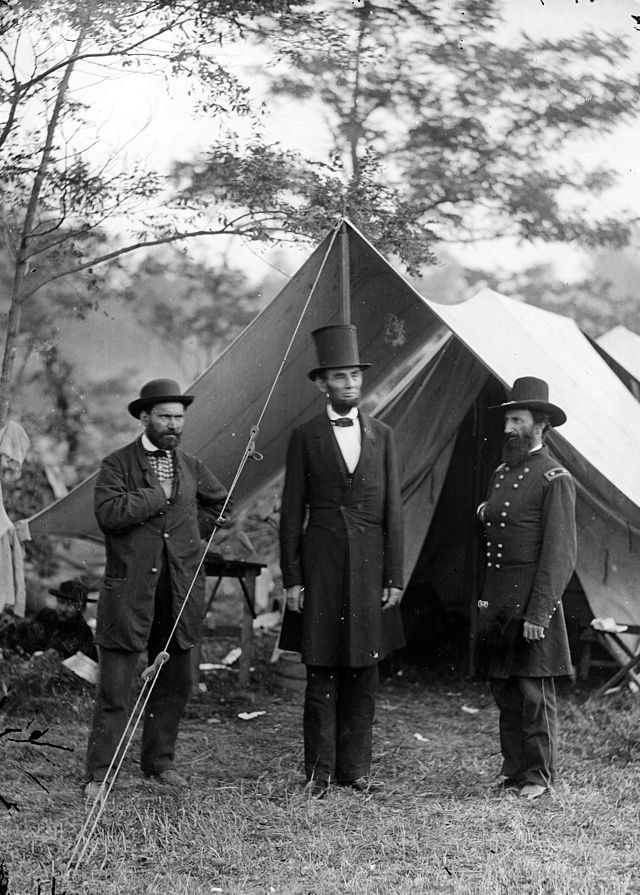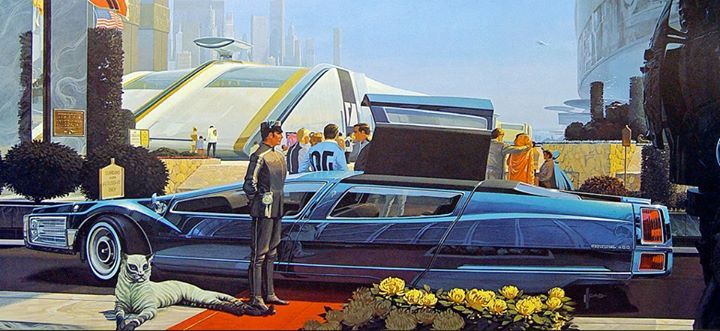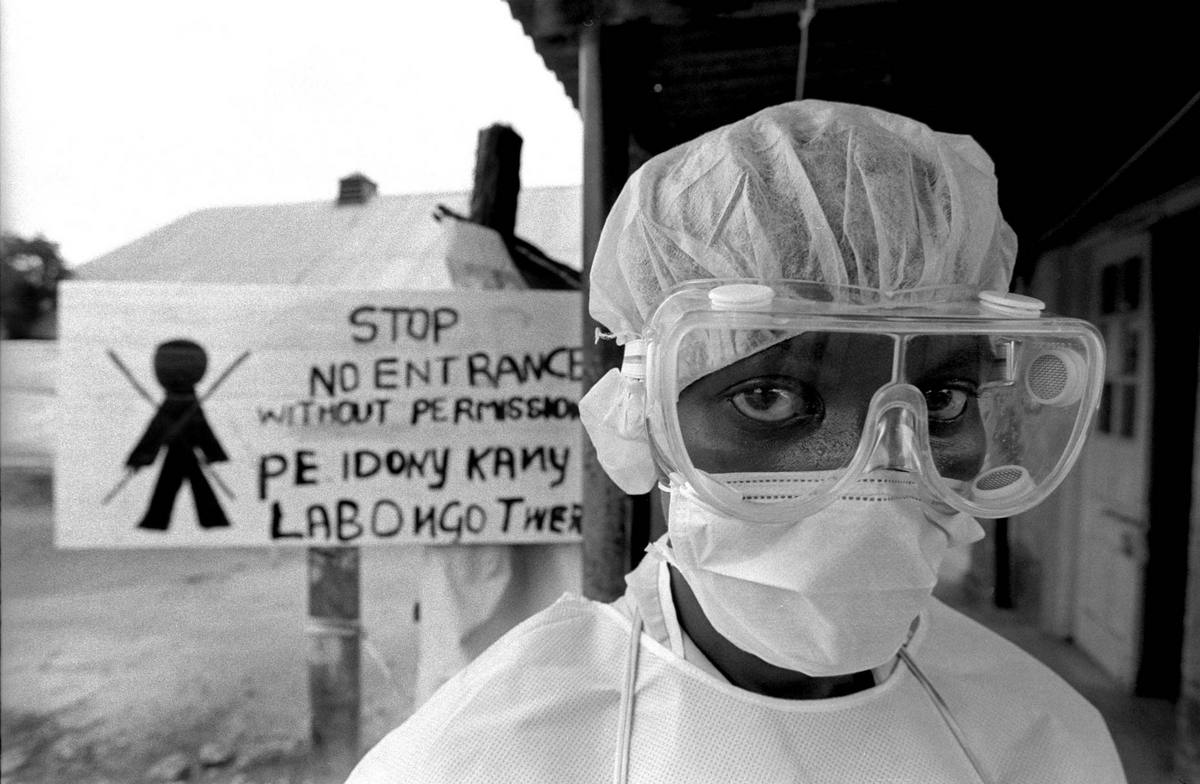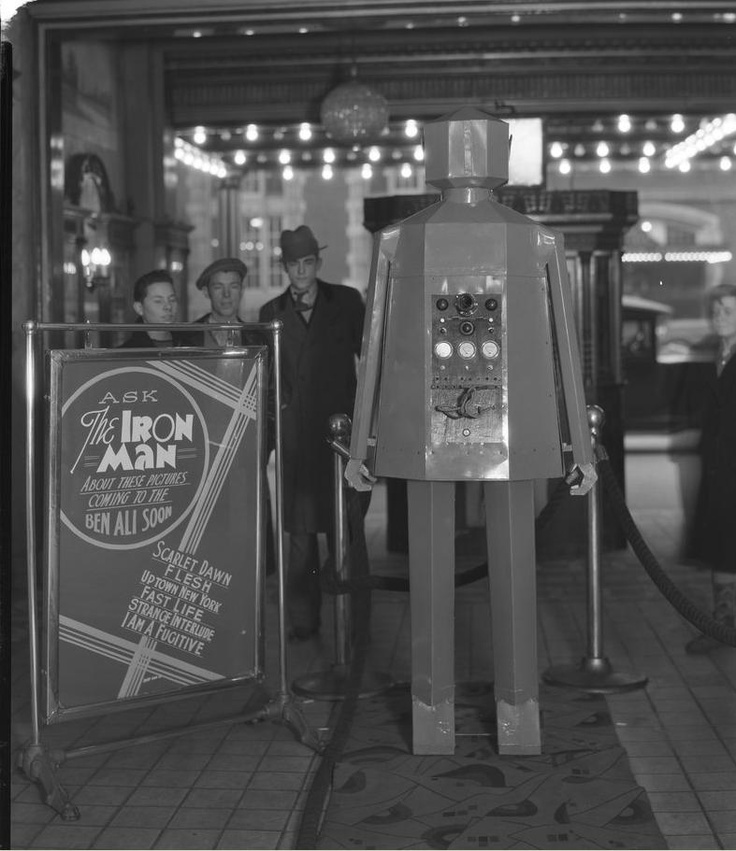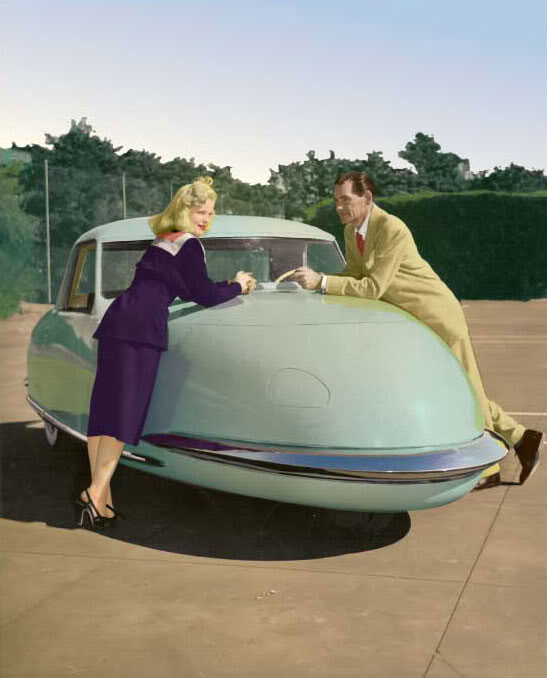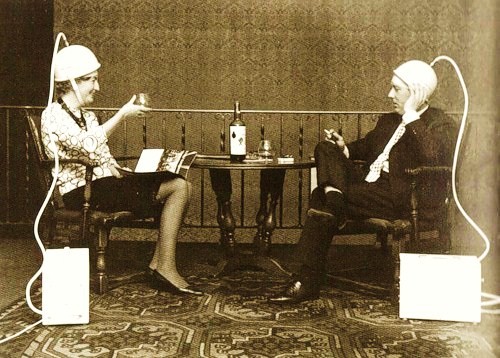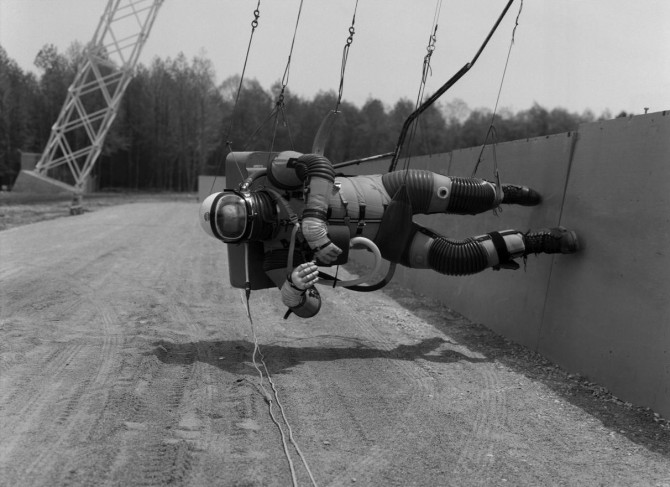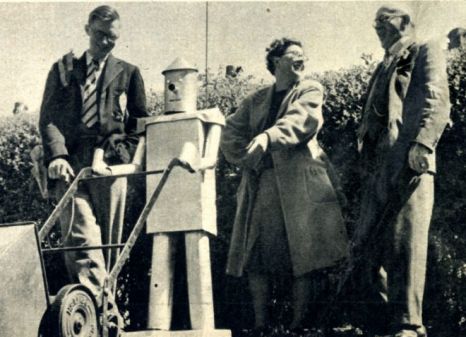When ten teams out of thirty reach the playoffs as they do in baseball, not every club that makes the grade will be tremendous. So while neither the Orioles nor Royals boast any of the sport’s best players, it’s not a shocker that they’re still playing. It’s almost likely it would have happened to them or a couple of star-less teams like them.
But it’s still fun to figure out how they did it. The Economist chalks up their postseason presence to great defense, which is a little behind the curve, but I’m just happy that publication is covering baseball at all. It certainly is a part of the story, especially with the Royals. (I would say Buck Showalter is the is the O’s greatest “secret” weapon.) With the Pirates making it to October the last two seasons thanks to dramatic defensive shifting and the Royals doing so this year with great gloves, catching the ball has never been more in vogue. Of course, it’s still not easy to rank an individual player’s defense even with all the advanced stats and endless amount of video, so the teams with the best analytics and coaching can earn a few extra wins. From the Economist:
“It should come as little surprise that fielding has proved to be baseball’s next analytical frontier. Offence is almost mindlessly easy to measure: since every hitter gets roughly the same number of opportunities, faces a similar quality of opposition, and is entirely responsible for the outcome of his at-bat, all one has to do is count the results. Pitching has historically been somewhat harder to assess, since its effect on run prevention has to be disentangled from that of defence. But the advent of statistics like FIP has made it fairly straightforward to analyse pitchers based only on the factors under their control. Fielding, in contrast, is devilishly tough to evaluate quantitatively. The number and difficulty of the balls hit to each position vary wildly from team to team over the course of a season. Moreover, the visually spectacular plays likely to be voted Web Gems—leaping, diving or throwing off-balance—are often the product of poor initial positioning or circuitous routes. “Making it look easy” is in fact the highest praise for a fielder. It is also the best way to ensure that one’s skills never get noticed.
For most of baseball history, these obstacles have led teams to misjudge defensive contributions and to underweight the importance of glovework, particularly at ‘bat-first’ positions like first base and left and right field. But the advent of video scouting firms like STATS and Baseball Info Solutions (BIS), followed by the development of the SportvisionFieldf/x system that digitally tracks batted balls in real time, has at last enabled clubs to give defence its due.”

